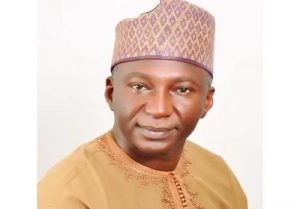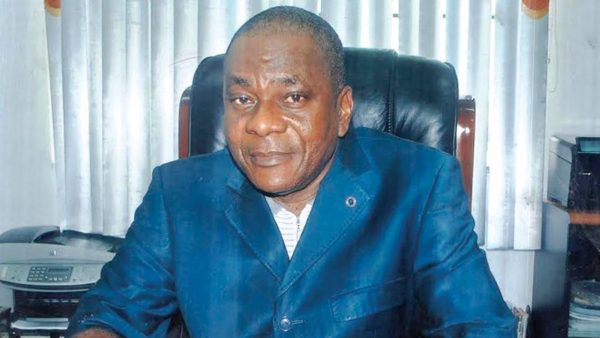-

Dr. Aminu Dikko, Director-General of ICRC Says PPPs Will Close Infrastructure Gap
- Operators Declare Nigeria Unripe For PPPs
Despite the criticisms against the Public-Private Partnership (PPPs) project and business development models, the Infrastructure Concession and Regulatory Commission (ICRC) has described the PPP as the most appropriate scheme to close the Africa’s infrastructure deficits.
Speaking at the 2017 Punuka Annual Lecture in Lagos, Nigeria, last week, with the theme: “The Role of Public-Private Partnership in Infrastructural Development,” the Director-General of ICRC, Dr. Aminu Diko, said that PPPs drive services and entail bringing the best of public and private sectors for efficient service delivery.
Represented by Engr. Chidi Izuwah, Executive Director, Support Services Department, ICRC, The Director-General argued that PPP is a procurement model which does not need any further regulatory framework order than the PPP agreement signed by the contractual parties because the agreement is a product of many processes.
Diko spoke against the backdrop of comments and interventions from the floor that there was the need for legal or regulatory instrument to protect investors seen to be vulnerable in the partnership.
Participants at the lecture also raised the problem of inconsistency in government policies, corruption, weak institutions and lack of capital, among others, as factors militating against PPPs in Nigeria.

On this trend, the Managing Director of Planet Projects Limited, Engr. Abiodun Otunola suggested joint venture and management contract as alternative to PPP models, which he stated are advanced business model for a country like Nigeria with political instability and policy-summersaults.
Following this, Diko averred: “Any government negotiating concession is a fraud. There is a moral hazard when you negotiate directly with government whether at the state or federal level. It is always better to go into a competitive process. Let there be a PPP, by so doing the investors will not lose their money because of the regulatory framework.”
Other stakeholders at the event advised on the need for stabilization clause in agreements with government as well as re-negotiating clause to protect the investments.
PPP is a contractual arrangement between a public agency and a private sector entity in which the skills and assets of each sector are shared in delivering a service or facility for the use of the general public.
There are numerous forms of PPPs ranging from projects where governments owns the project and private sector operates and manages daily operations to where private sector designs, builds, and operates projects for a limited time after which the facility is transferred to government.
But the World Bank points out that for PPPs to work the private sector needs political stability, a pipeline of bankable projects, transparent and efficient procurement, risks sharing with the public sector and certainty of the envisaged future cash-flow.
e private sector needs political stability, a pipeline of bankable projects, transparent and efficient procurement, risks sharing with the public sector and certainty of the envisaged future cash-flow.
 MMS PLUS NG – Maritime, Aviation, Business, Oil and Gas News Online Newspaper with coverage in Maritime, Oil and Gas, Aviation, Power and Energy as well as Financial News
MMS PLUS NG – Maritime, Aviation, Business, Oil and Gas News Online Newspaper with coverage in Maritime, Oil and Gas, Aviation, Power and Energy as well as Financial News









